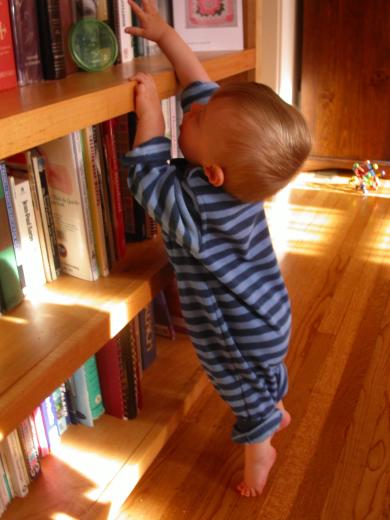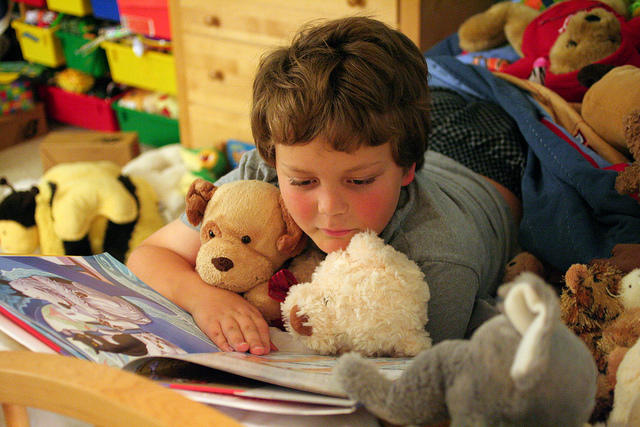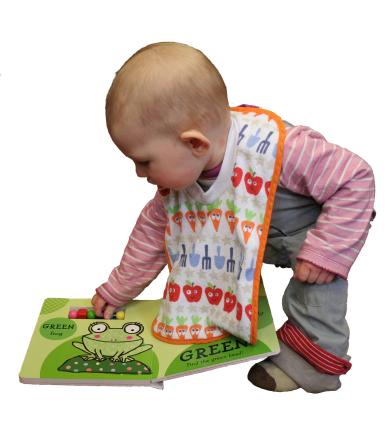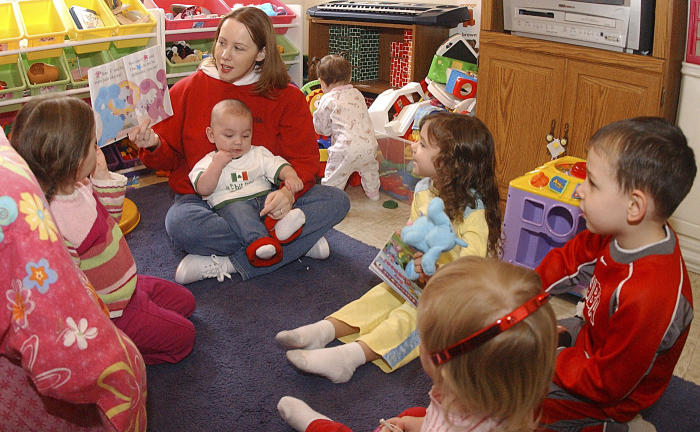
By Katherine Smith for Pursuit, from the University of Melbourne.

These trends have been identified by Professor Collette Tayler, from the Melbourne Graduate School of Education, who is leading the most extensive study ever into the impact and effectiveness of early childhood education and care (ECEC) in Australia.
Since 2010, the E4Kids study has followed 2498 children in Victoria and Queensland in long day care, kinder, pre-school and family day care, measuring their progress against variables in both their care programs and each child’s family situation.
Professor Tayler says education of very young children is a “high stakes” topic of interest about which people can have strong views, often not backed up by anything more than opinion.
DEVELOPING Effective programs.
“The focus of this long and relatively large study has been to produce some genuine, research-based evidence to inform decision making at the public policy level, but also to support early childhood professionals to develop effective programs,” she says.
Australian Bureau of Statistics 2012 data shows just over half of two to four-year-old children attend an education and care program, and that 96 per cent of three to eight- year-olds participate in some form of informal learning at home, which mostly involves reading activities
Professor Tayler says there’s existing evidence that in Australia learning achievement at age five is a good predictor of reading and numeracy skills when those children are tested at ages eight, 10 and 12.

But she says there’s now evidence that intellectual and learning achievement in children as young as two or three correlates highly to later achievement, and that once gaps open among peers at that age, without expert early intervention they tend to widen.
Testing the intellectual development of two and three-year-olds is not a straightforward task, but Professor Tayler says there are some clear signals related to vocabulary, comprehension, reasoning and information processing speeds that can be used to assess a child’s overall achievement relative to their peers.
Links to socio-economic status.
One of the most concrete findings of the study is that researchers have been able to plot a direct correlation between the abilities of two and three-year-olds, and the socio-economic status of both the child’s family and the location of the care.
“It may not come as a surprise, but we can now say for sure that lower SES (socio-economic status) families are much more likely to have children who at two or three years of age are not doing as well as children of the same age from higher SES backgrounds,” she says.

Indicators of low SES for the purposes of the study were families in which there was only one parent or one parental income, where parents were entitled to a health care card, or who had below average household incomes.
“Parental educational attainment also has been shown to play a big role in determining outcomes for young children, with children of parents with tertiary degrees vastly more likely to perform at the top end of assessments than children of parents with lower educational attainment.”
When considered together, these two findings – of the impacts of family SES and parental educational levels on achievement – are significant in terms of social equity.
“These findings tell us we need to move quickly to intervene when the learning of very young children is not what it should be, if as a society we want to avoid perpetuating a cycle of disadvantage,” she says.
Professor Tayler says the notion of “skill begets skill” is one that can help explain the impacts of a toddler’s achievement on later learning.
Change is achievable.
“We can see thresholds of ability, if you will, and compounding results. Children build on previous knowledge as they develop. If they don’t achieve certain milestones, in areas like language acquisition, then there are poor foundations for further learning , and progress tapers off unless there is intervention.”
Yet for those children with lower-than-expected abilities at two or three years of age, change is easily achievable.
“Results from our experimental studies conducted after the E4Kids research study show that rather than merely maintaining a standard rate of growth in achievement, well-designed and specific educational programs can make a positive difference, leading to improved outcomes for such children, and closing gaps in rates of achievement.

“Our findings suggest the importance, within ECEC programs, of developing children’s language and thinking, especially for those demonstrating low performance.
“Building vocabulary, having language-rich back-and-forth exchanges between adult and child and promoting the expressive aspects of children’s language, are all strategies that are proven to work, and which need to be implemented when young children are falling behind. Just placing these children in programs of ‘play-as-usual’ seems problematic for their ongoing progress.”
Professor Tayler says positively changing the trajectory of children at risk has been shown to be achievable.
“Gaps in the rate of achievement have been successfully decreased when evidence- based interventions and individualised programs are introduced in the years before school.”
Recent findings from the E4Kids study are published in the September 2015 edition of the Australasian Journal of Early Childhood
